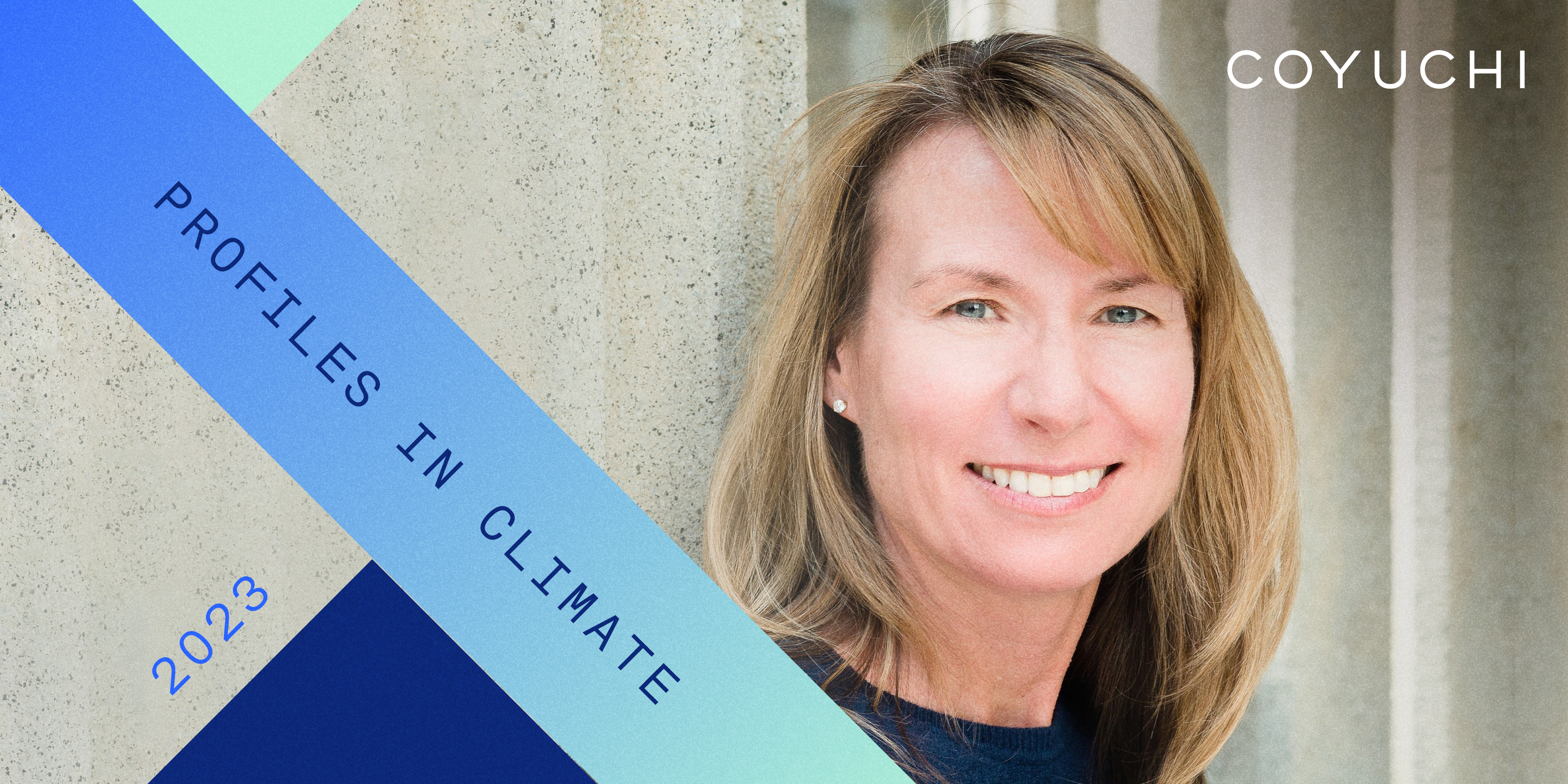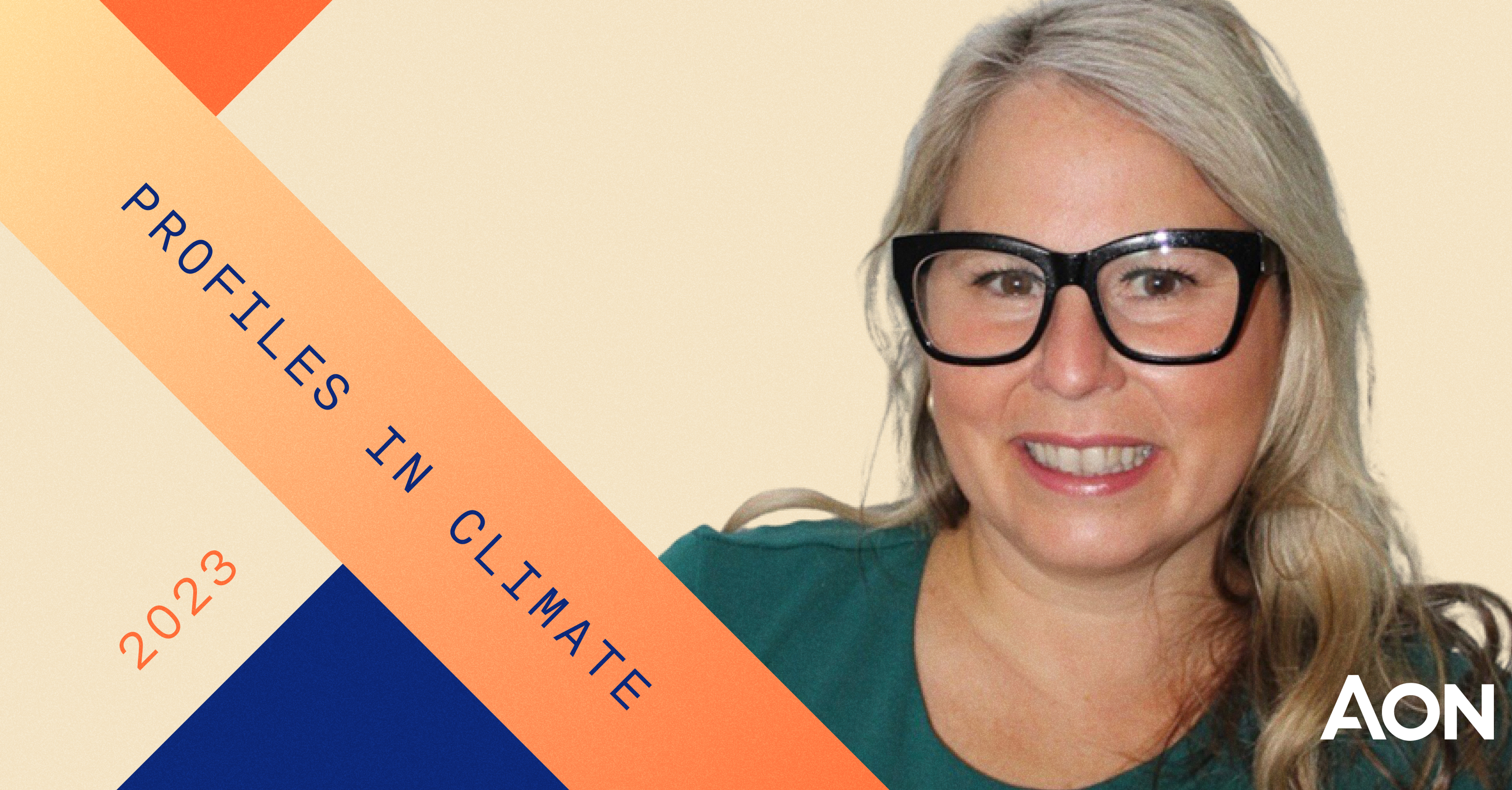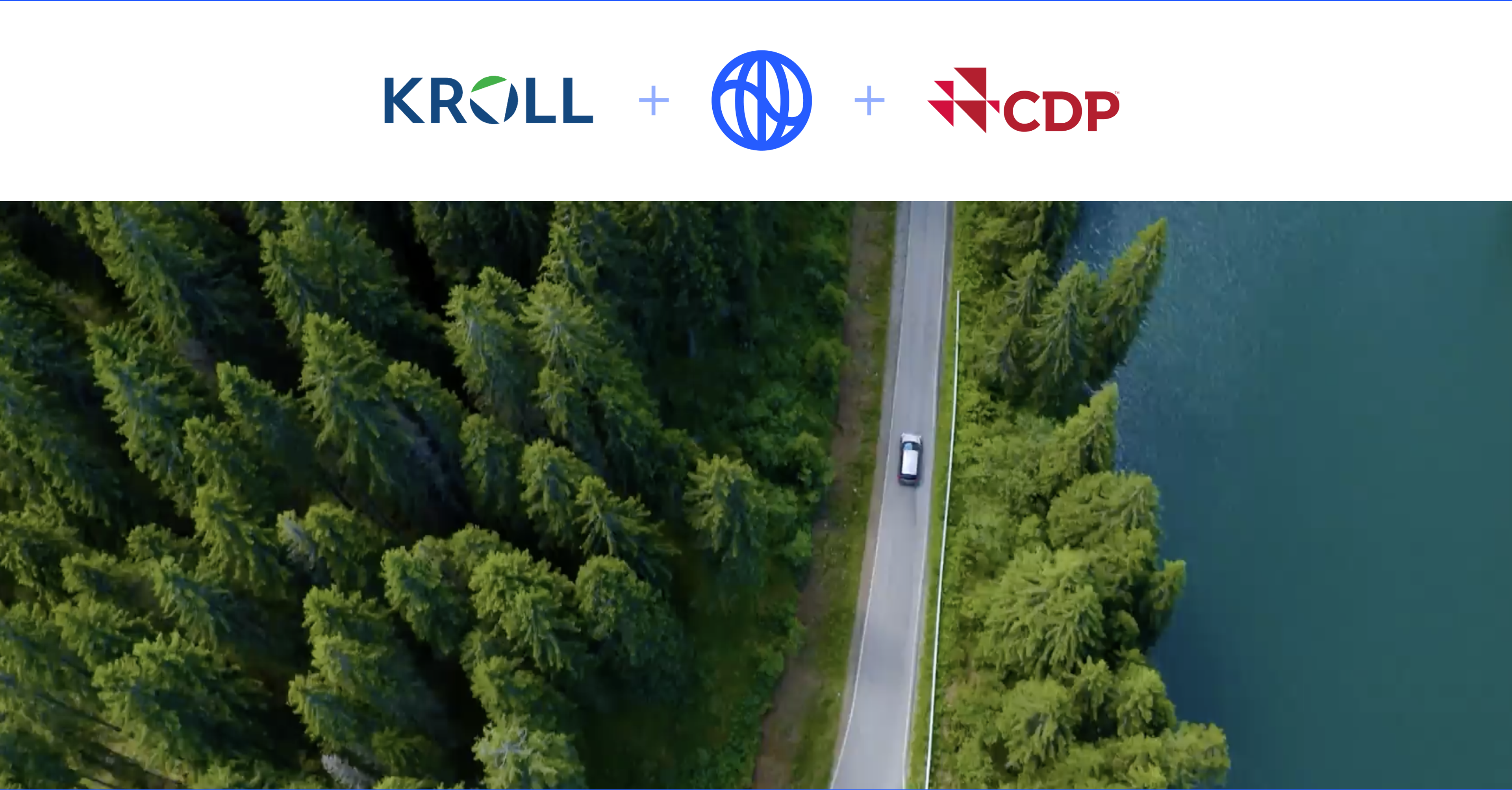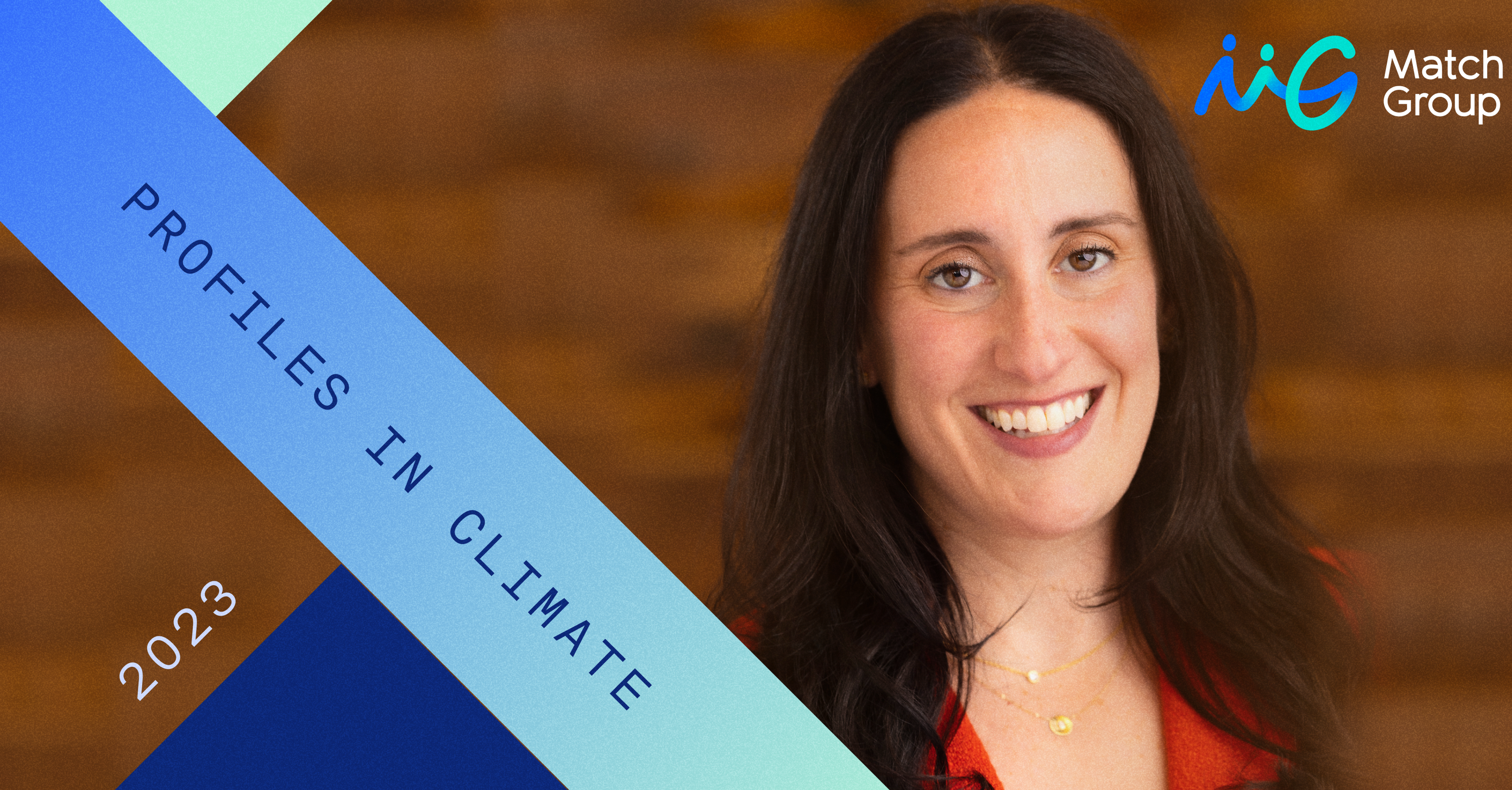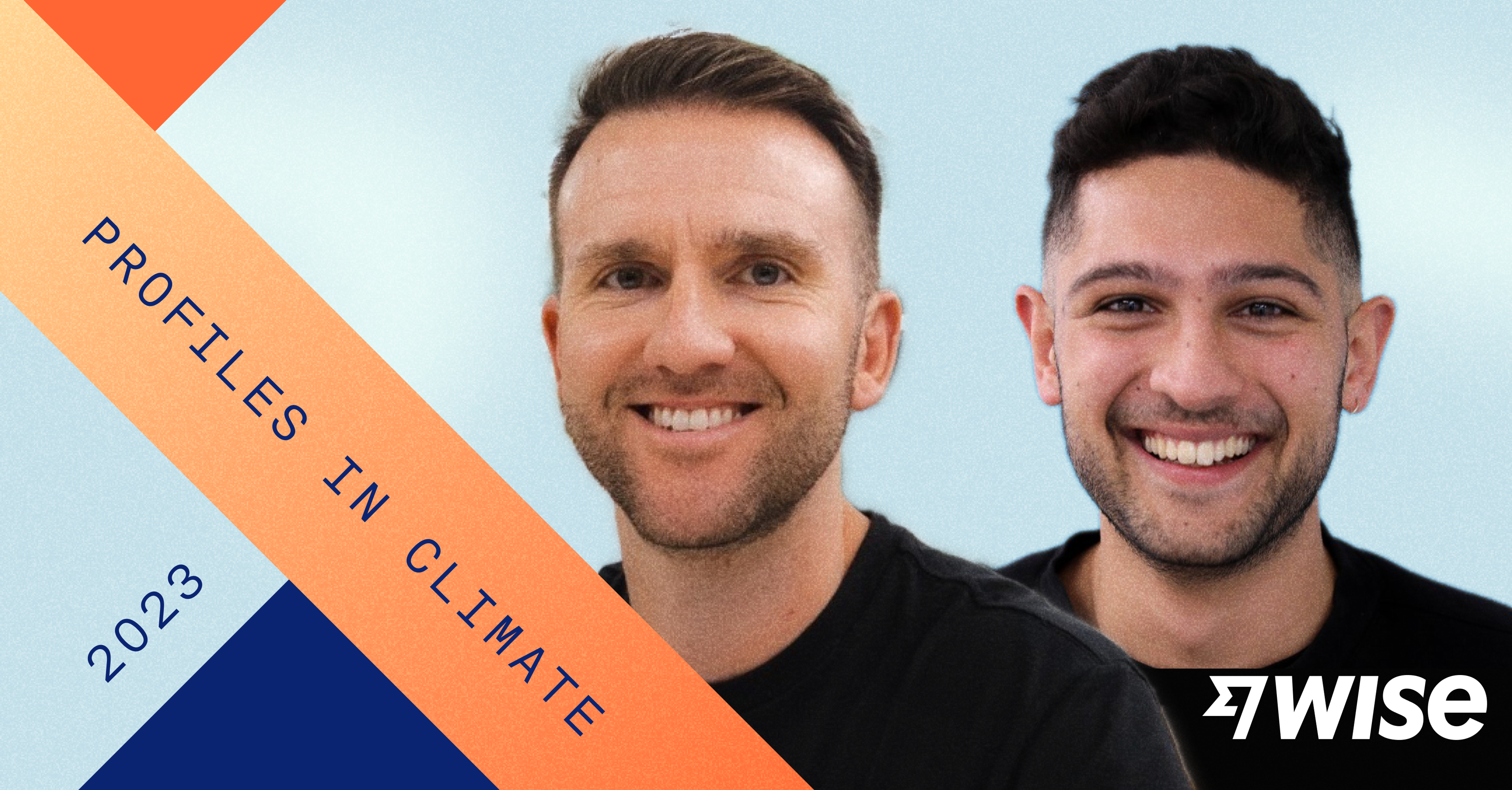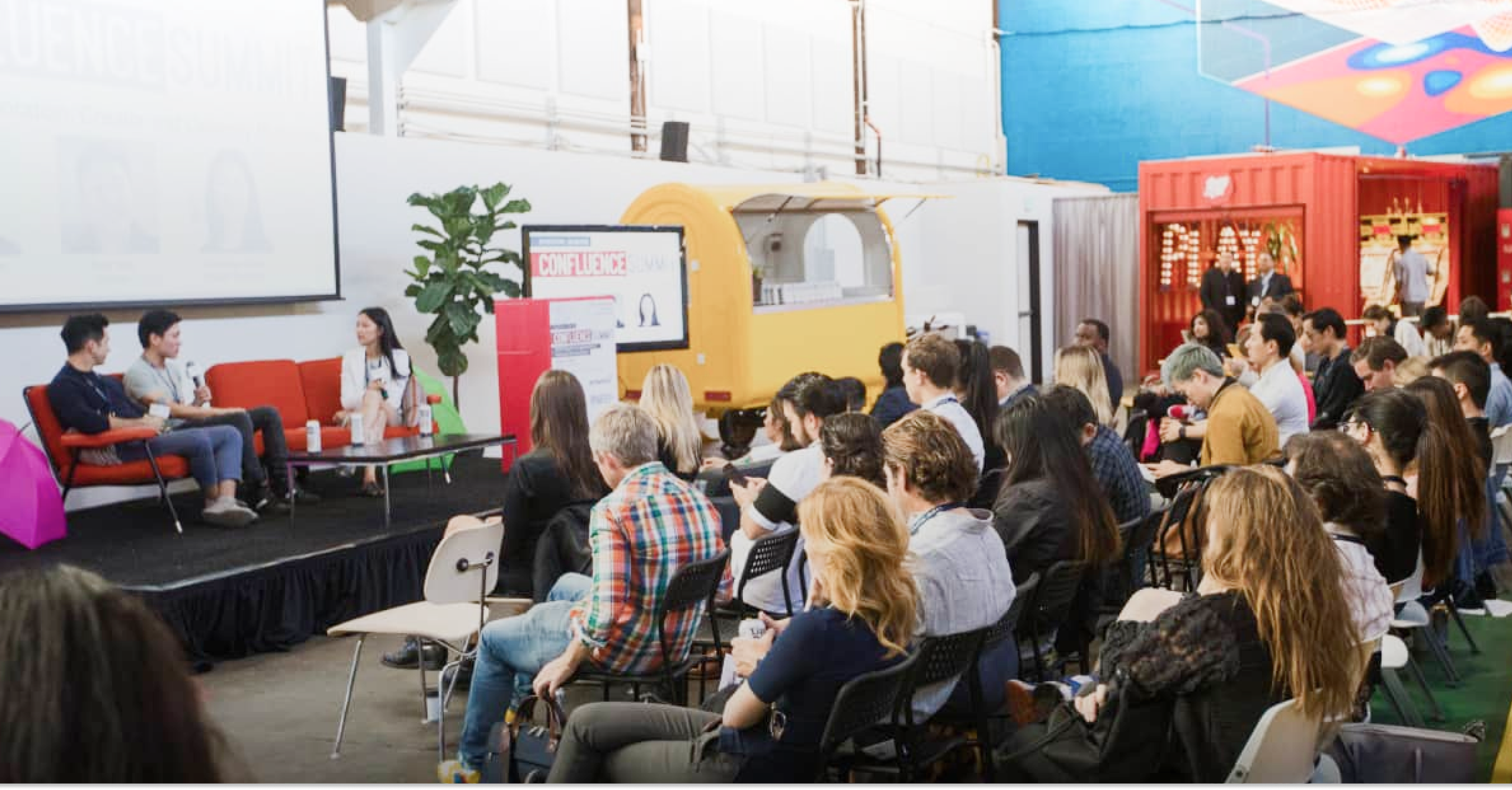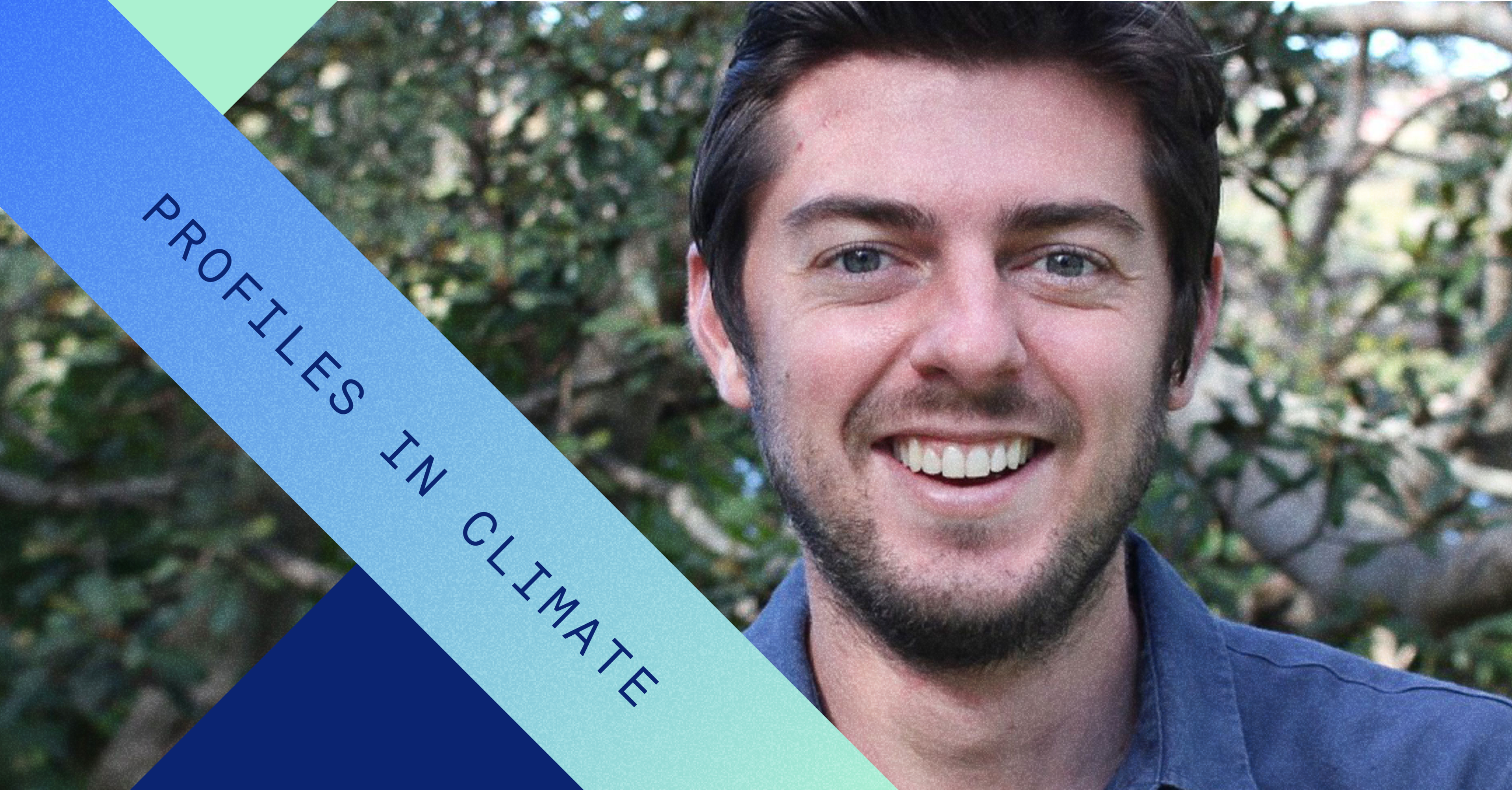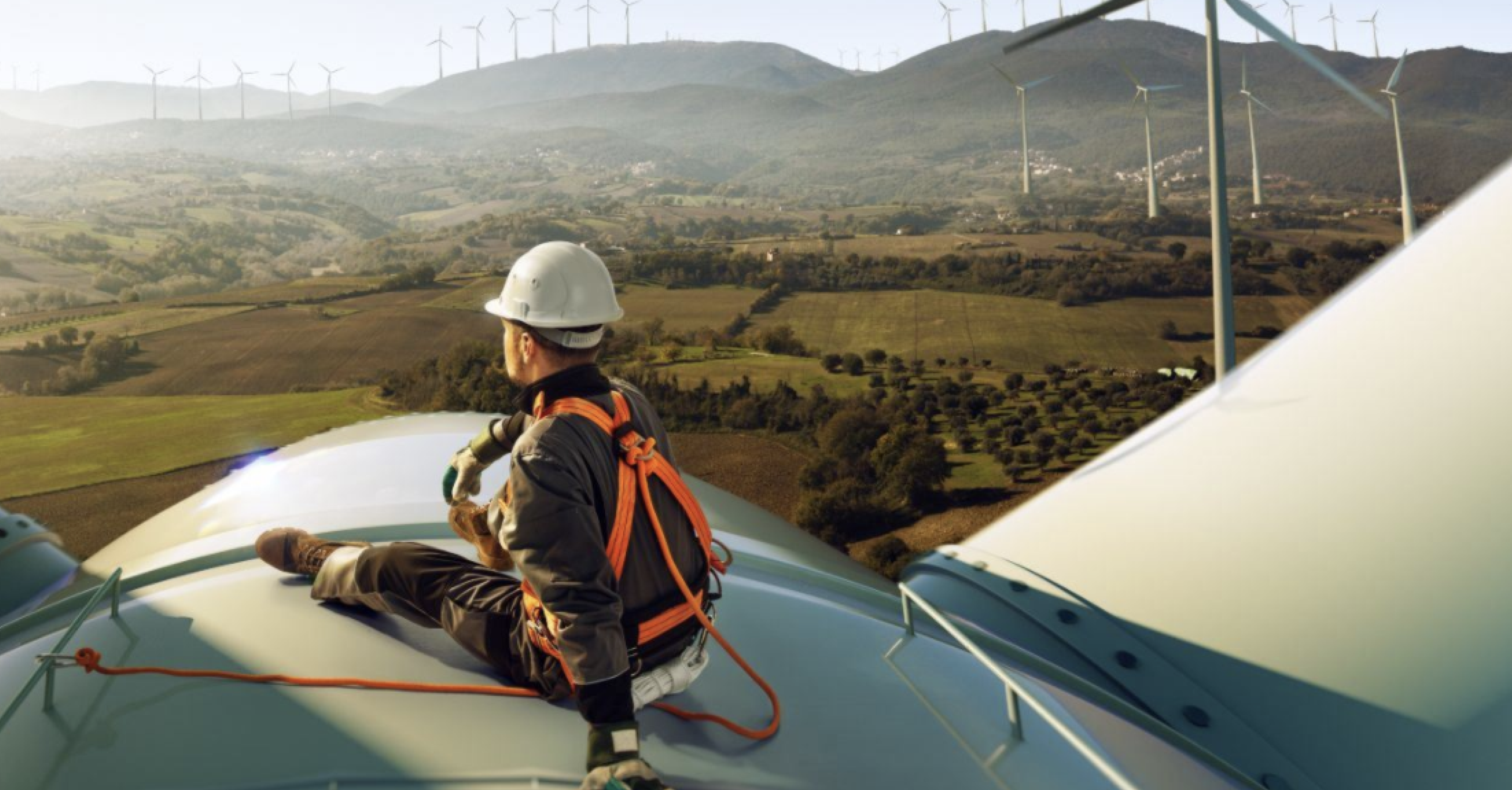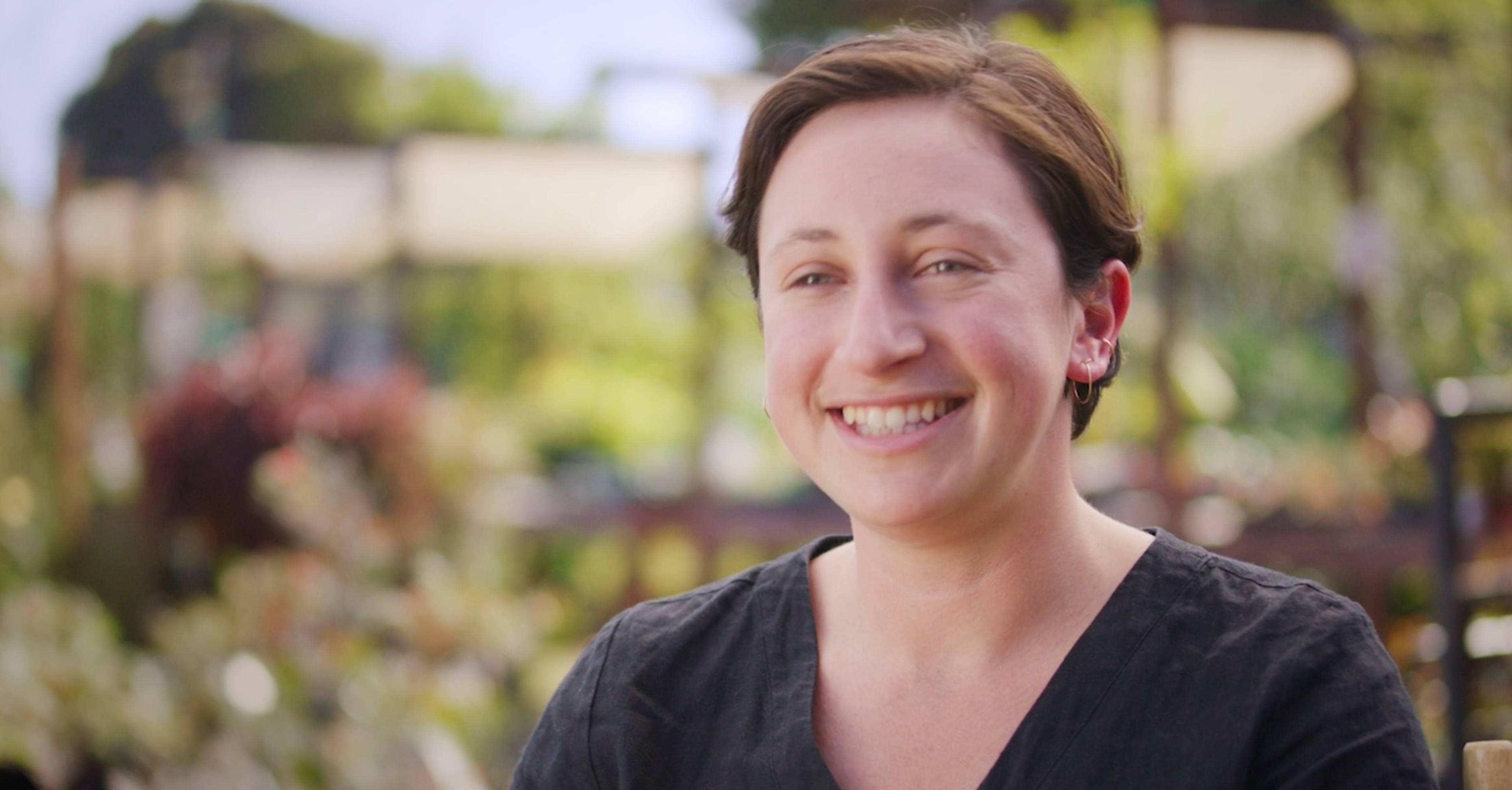Eileen Mockus is the CEO of Coyuchi, a natural & organic home textile company based in Northern California with manufacturing operations across the globe. Prior to her 12 years at Coyuchi, Eileen built extensive experience in textile innovation, including at Pottery Barn Kids, The North Face and Patagonia. She chairs the board of the Chetna Coalition and is on the Board of Accelerating Circularity, a non-profit creating the systems for textiles to become circular.
Coyuchi is working to get to Net Zero by 2025, and Net Positive by 2030. How did your team align on commitments you could stand behind?
Setting climate goals is different from other goals that we're used to setting in the business. There’s certainly risk associated with committing to a certain date, but it’s also an opportunity to learn and set the bar high to drive urgency towards meeting these goals. We used a framework from the Sustainable Food Trade Association (now part of the Organic Trade Association) to initially conceive of goals we felt were meaningful and achievable. But we are stepping out and trying something big and new—we have to recognize and be transparent that we won’t have all the answers right away. This is especially true since setting climate goals is still a new practice. We continuously assess the latest findings in climate science and we’ll adjust our goals and practices accordingly to ensure we are making as positive an impact as possible.
What have you learned from your customers?
Consumers want great products, and you don't get a hall pass on quality even when you are doing something good. We want to provide the best product while also educating our consumers on the sustainable development decisions we make.
Right now, we’re seeing that there’s a real “people” component trending with consumers, and so we make sure we’re contextualizing things like why we work on sustainability and climate as related to people—for example, the farmers that grow the cotton. It’s important to tell the story of how it was made, where it came from, and why it's going to have meaning in their home.
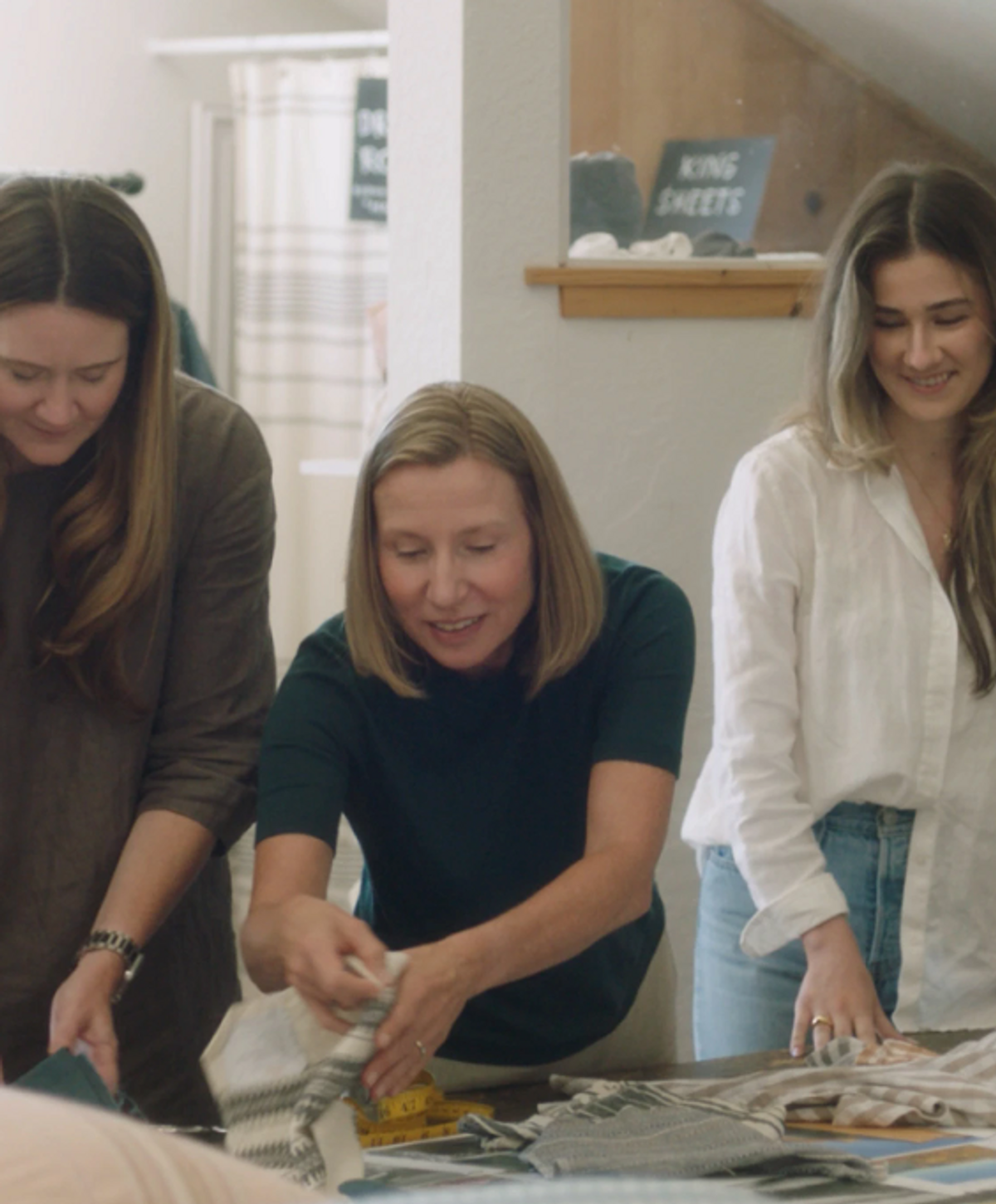
Can you share an example of how you incorporate climate into your business decisions?
We have opportunities in our daily decision-making to lower our carbon footprint, and we use Watershed to understand and visualize the tangible emissions nuances between two different scenarios.
Two examples come to mind right now: First, the color of our textiles. We've always offered un-dyed textiles as an option, and the natural color of the cotton happens to be a beautiful shade of ivory that is very popular. With Watershed, we now know the exact emissions impact of dyed vs undyed textiles. That helps us with future product development and contributes to the sustainability storytelling that sets us apart as a brand.
Another example is the source of energy we use to power our manufacturing. We have limited resources, but looking at the data helps us understand what the most impactful changes are. For instance, we’ve learned that switching to clean power can have an outsized impact on the overall emissions of a product relative to the materials that go into that product. Without the level of detail that Watershed provides, we wouldn’t be able to easily model scenarios that guide our business decisions.
What project are you most excited about right now?
We’re working on a specific case study around our Full Circle Recycled Cotton Throw, a product that we make using our own recycled product that gets turned into yarn. Watershed is helping us calculate the emissions required to make this recycled blanket versus using non recycled material. There is so much waste in the textile industry, and we want to address that and also get ahead of any producer responsibility laws that we expect are coming.
As a part of this, we’ll look at how the product sells and the systems required to make textile recycling happen at scale. We're the first home brand to take our own product waste and turn it into a new product, and our team sees this project as an important datapoint that we can share with the broader textile industry.
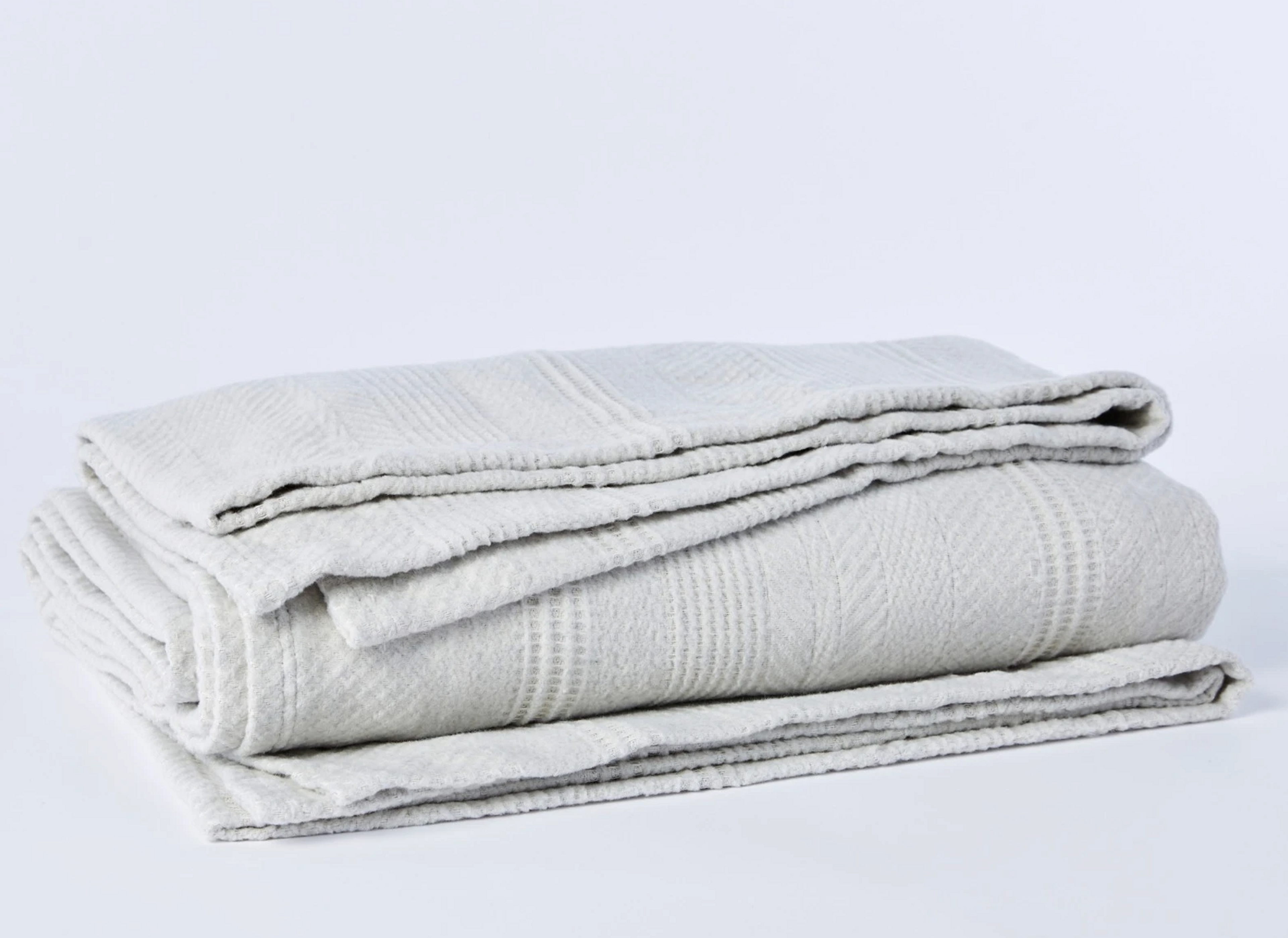
Why should business leaders feel urgency about climate change right now?
There are a lot of business leaders who just want to know that the climate investments and commitments they make will match up with future regulation or legislation. The reality is that climate will not be solved by regulation alone, and businesses have a responsibility to act. Climate is a complex issue, but it’s important to not miss out on what’s possible for businesses to do today.
“Our work with Watershed has helped us clarify our part in this work by identifying concrete next steps to reduce our impact.”
Eileen Mockus
What encourages you the most in your work?
Over the last decade I’ve been at Coyuchi, we’ve posed a lot of questions and goals towards our vendors, including those around sustainability. I see that they are really embracing this work and helping us drive change even though we are not the largest player in the home industry.
I love this because it impacts other brands that don’t have the same climate goals as Coyuchi, but operate in the same factories. The water used to process other companies’ goods is being recycled based on our request to the vendor, and the renewable energy benefits their emissions too. Some factories have changed all of their chemistry. Those moments remind me that this work is bigger than we are.
